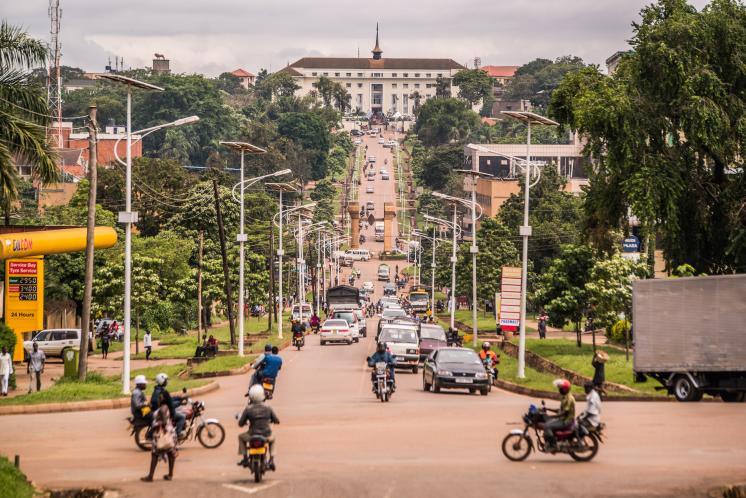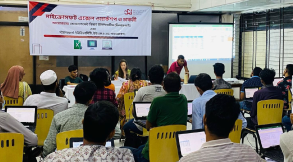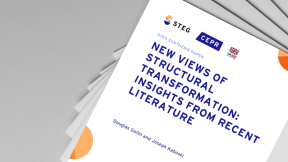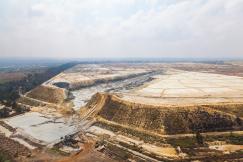Why do governments engage in the “hollow” expansion of public services, extending schools and clinics to the margins of the state but leaving them with meager staff and supplies? This expansion is puzzling: there are few incentives for states to allocate public goods projects to marginalized, peripheral communities, and building hollow facilities is wasteful and politically unpopular. This paper documents the equitable but hollow expansion of public facilities in Uganda under President Yoweri Museveni, arguing that rent-seeking reshapes state strategies of public goods provision. Elites proliferate public facilities in order to embezzle funds in collusion with contractors. They are not dissuaded from expanding state infrastructure into the periphery because they embezzle more egregiously from peripheral projects. And while hollow expansion enrages voters, the state can divert this anger onto local middlemen, using their petty larceny and negligence as political cover for centrally-planned corruption. Two original surveys and survey experiments, a variety of administrative data, and qualitative evidence from Uganda support these arguments.
STEG Working Paper Series
• Research Theme 5: The Role of the Public Sector,
Cross-Cutting Issue 3: Inequality and Inclusion
Hollow State Expansion

Related content
















































































































